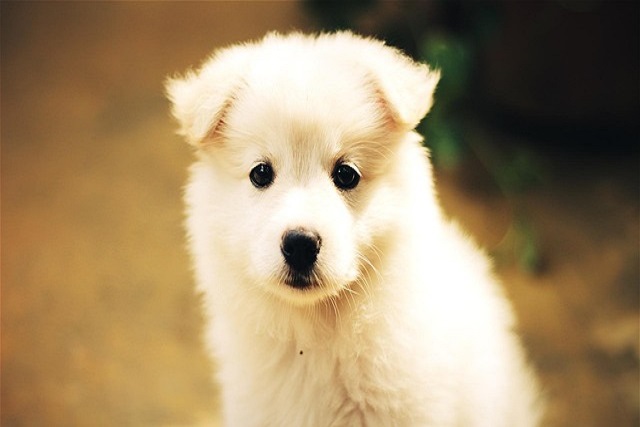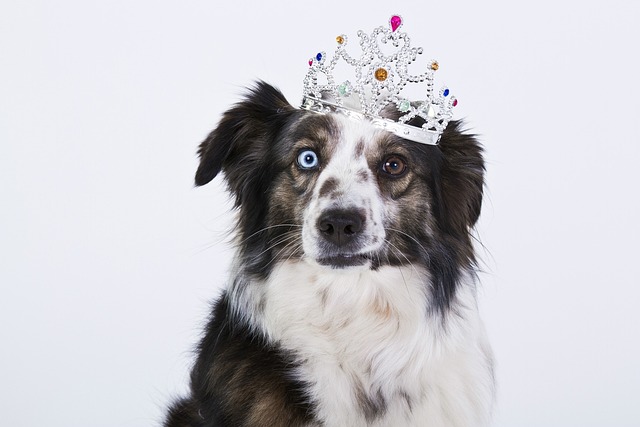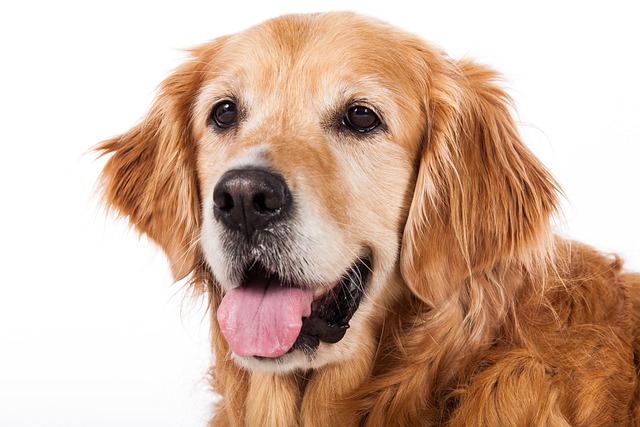
Should I give my dog vitamin supplements
If you’ve ever stood in the pet store aisle, staring at bottles of dog vitamins labeled “immune support” or “shiny coat,” you might’ve wondered if your pup really needs them.
Watching your dog gobble up dinner is one of the simple joys of pet ownership. But what if that seemingly innocent meal is secretly causing trouble? Urinary problems in dogs can be painful and costly to treat, and certain foods play a major role. Understanding these dietary risks isn’t just about keeping your furry friend comfortable—it’s part of being a responsible pet parent, in line with animal welfare standards that many communities uphold.
High - protein diets get a lot of attention, and for good reason. While protein is essential, an excessive amount—especially from sources like red meat or low - quality meat by - products—can increase the concentration of minerals in urine. This makes it easier for crystals and stones to form. In some areas, pet food regulations require clear labeling of protein sources and percentages, helping you make informed choices. Overloading your dog with protein - heavy meals might seem like a treat, but it could lead to serious urinary issues down the road.
Foods high in magnesium, phosphorus, and calcium also pose risks. Some commercial dog foods, particularly those designed for large breeds or puppies, might have imbalanced mineral levels. When these minerals build up in the urinary tract, they can create struvite or calcium oxalate stones. Many vets recommend choosing foods with balanced mineral profiles, and in some regions, pet nutrition guidelines encourage owners to consult professionals before making drastic diet changes.
 Dry, processed treats can be another culprit. Those crunchy biscuits or jerky - style snacks often contain high amounts of sodium to enhance flavor and preserve shelf life. Excess salt intake makes your dog thirstier, which can disrupt the body’s fluid balance and affect kidney function over time. In many communities, there are regulations regarding the maximum salt content in pet food to protect animals’ health. Always check the ingredient list and limit these salty treats.
Dry, processed treats can be another culprit. Those crunchy biscuits or jerky - style snacks often contain high amounts of sodium to enhance flavor and preserve shelf life. Excess salt intake makes your dog thirstier, which can disrupt the body’s fluid balance and affect kidney function over time. In many communities, there are regulations regarding the maximum salt content in pet food to protect animals’ health. Always check the ingredient list and limit these salty treats.
Dairy products can also spell trouble for some dogs. While a small piece of cheese as an occasional reward might seem harmless, many dogs are lactose intolerant. Consuming dairy can lead to digestive upset, and in some cases, changes in urine pH that promote crystal formation. It’s important to know your dog’s tolerance levels, and if you notice any signs of discomfort after giving dairy, it’s best to avoid it. In many pet - friendly households, swapping dairy treats for safer alternatives is common practice.
Table scraps from your own meals are a big no - no. Foods like onions, garlic, and grapes are toxic to dogs and can cause kidney damage, which directly impacts urinary health. Even small amounts of these foods can lead to serious problems. In most areas, it’s considered basic pet care knowledge to keep these human foods away from your dog, and ignoring this can have legal consequences if it results in harm to the animal.
Hydration is closely linked to diet. If your dog primarily eats dry kibble without access to plenty of fresh water, they’re at a higher risk of urinary issues. Some local pet care resources emphasize the importance of maintaining proper hydration, especially during hot weather or if your dog is very active. Adding wet food to their diet or encouraging regular water intake can help prevent problems.
Understanding the impact of food on your dog’s urinary health is a crucial part of pet ownership. By making smart dietary choices, following local pet care guidelines, and paying attention to your dog’s individual needs, you can keep their urinary system in top shape. Every meal is an opportunity to show your dog you care, and ensuring their diet supports their overall well - being is one of the best ways to do that.

If you’ve ever stood in the pet store aisle, staring at bottles of dog vitamins labeled “immune support” or “shiny coat,” you might’ve wondered if your pup really needs them.

If you’ve ever thought about swapping your dog’s kibble for something homemade, you might’ve worried: “Will I get the nutrients right?”

If you’ve ever watched your dog tilt their head like they’re confused, or scratch at their ear until they whimper, you might be seeing signs of an ear infection.

Golden Retrievers, with their lush coats and playful spirits, often steal hearts in parks and homes alike. But that same thick fur that makes them so cuddly can sometimes be a double-edged sword when it comes to skin health.

If you’ve ever left a friend’s house with a dog and spent the next hour sneezing, your eyes red and watery, you’ve probably wondered when the discomfort will end.

If you’ve ever watched your dog scratch until their skin turns red, or noticed them licking their paws raw after a walk, you’ve probably wondered what’s causing their discomfort.